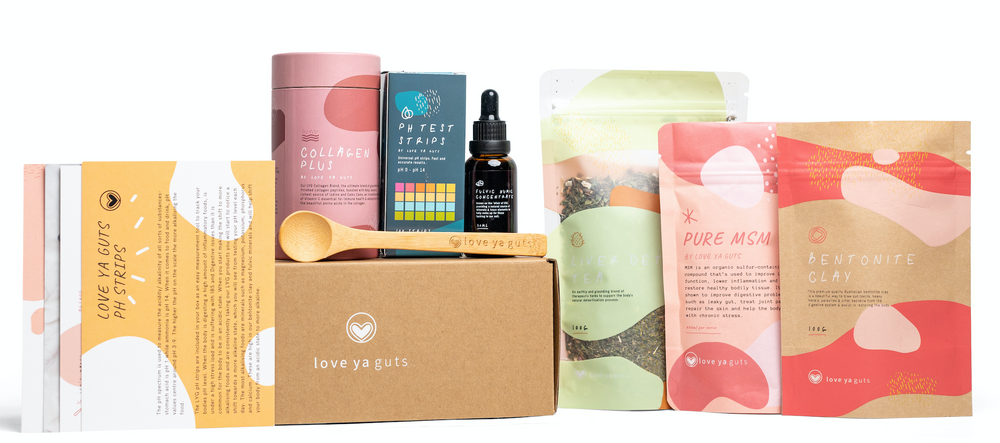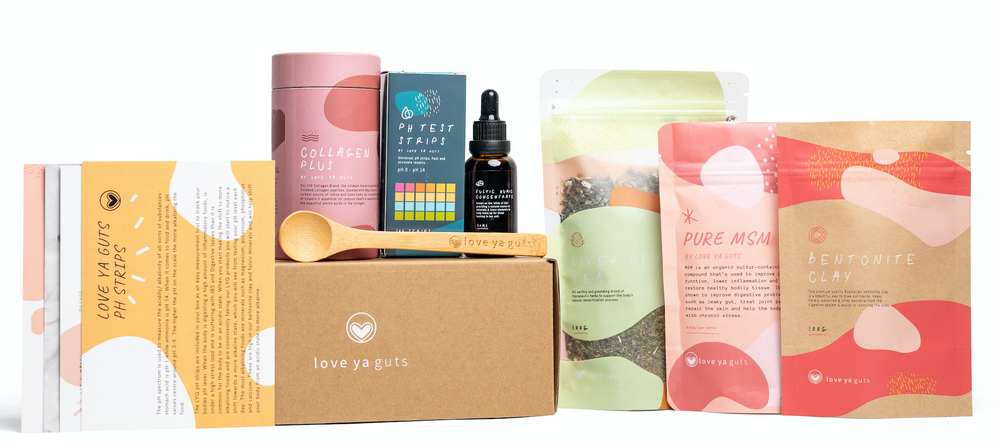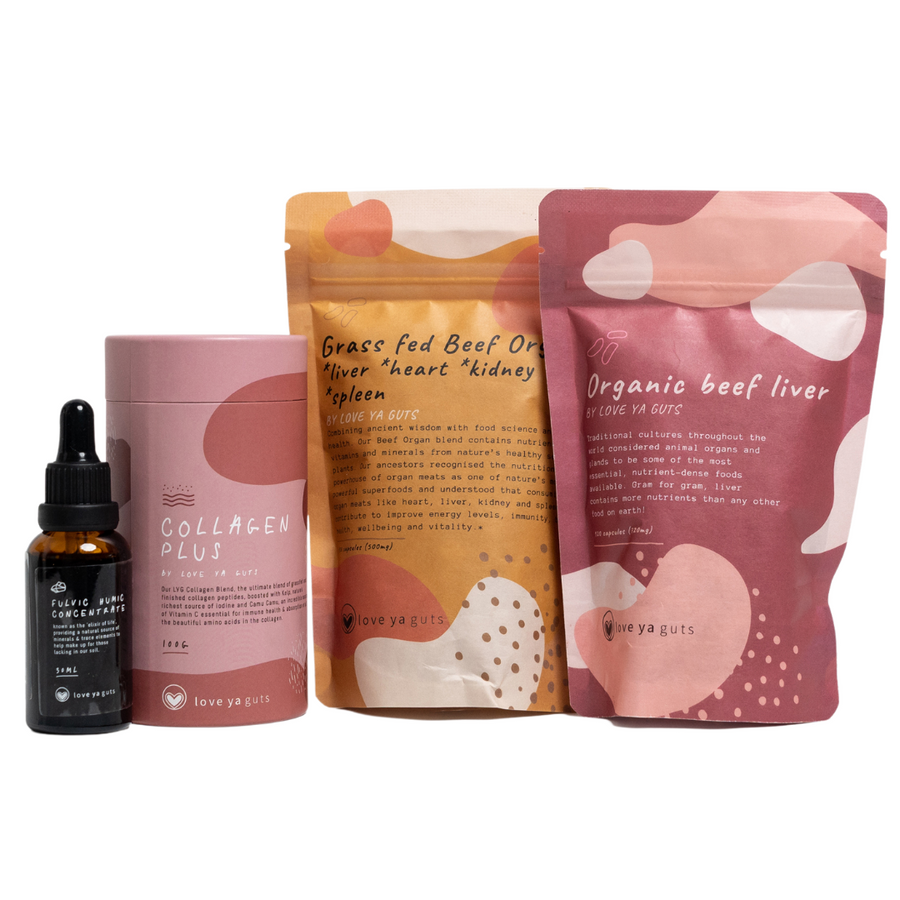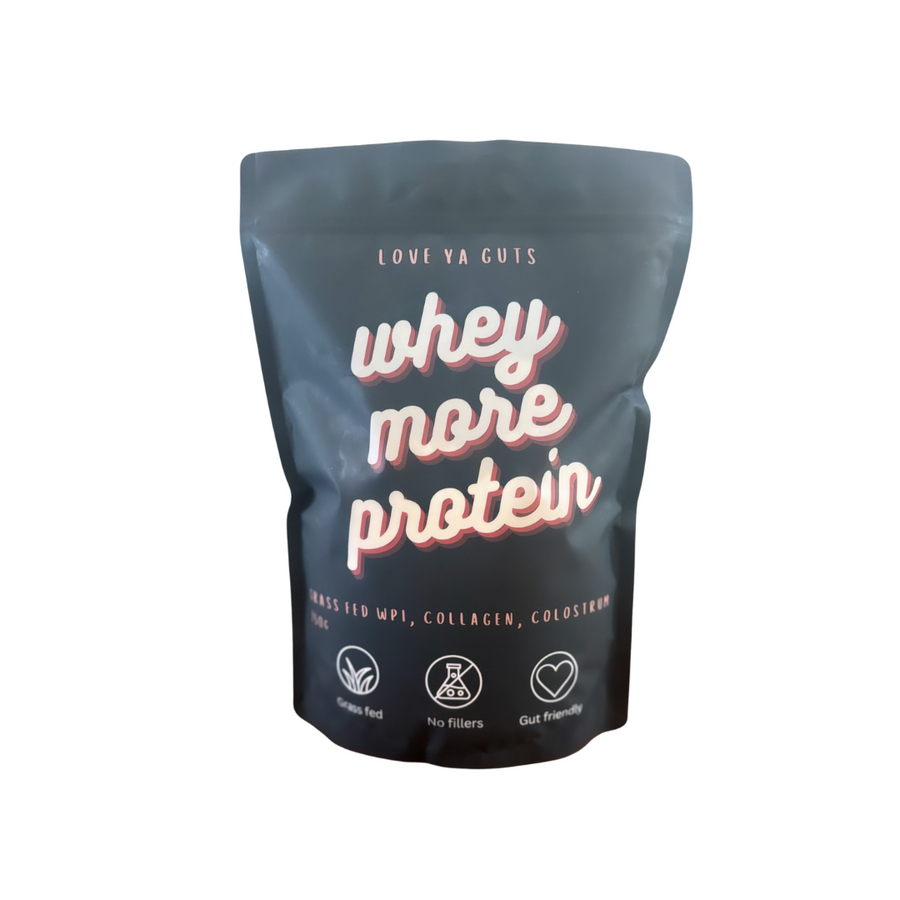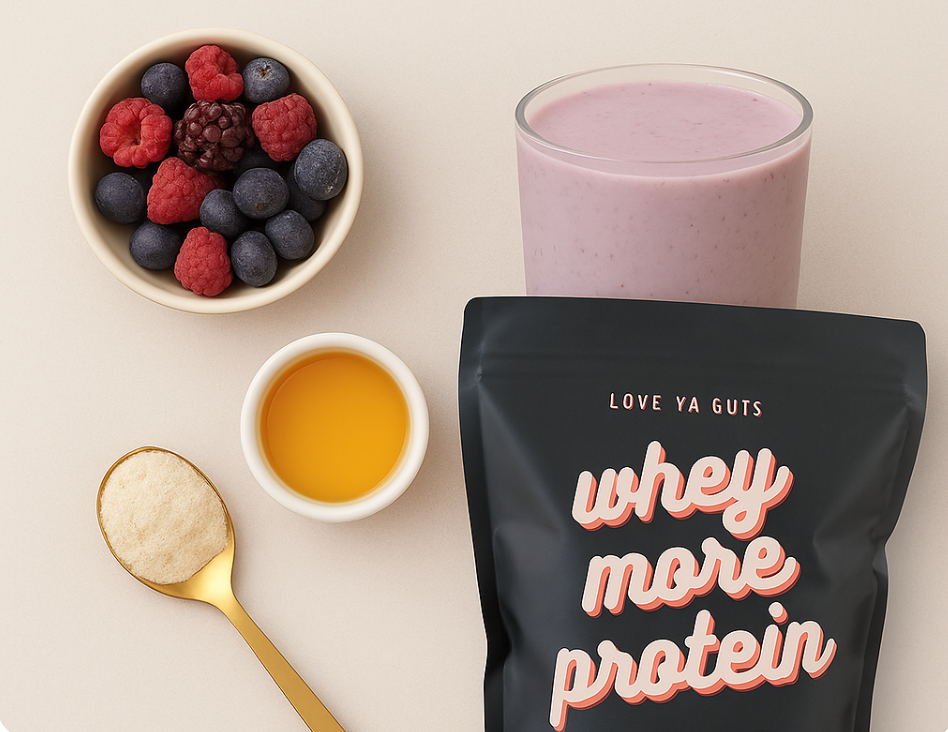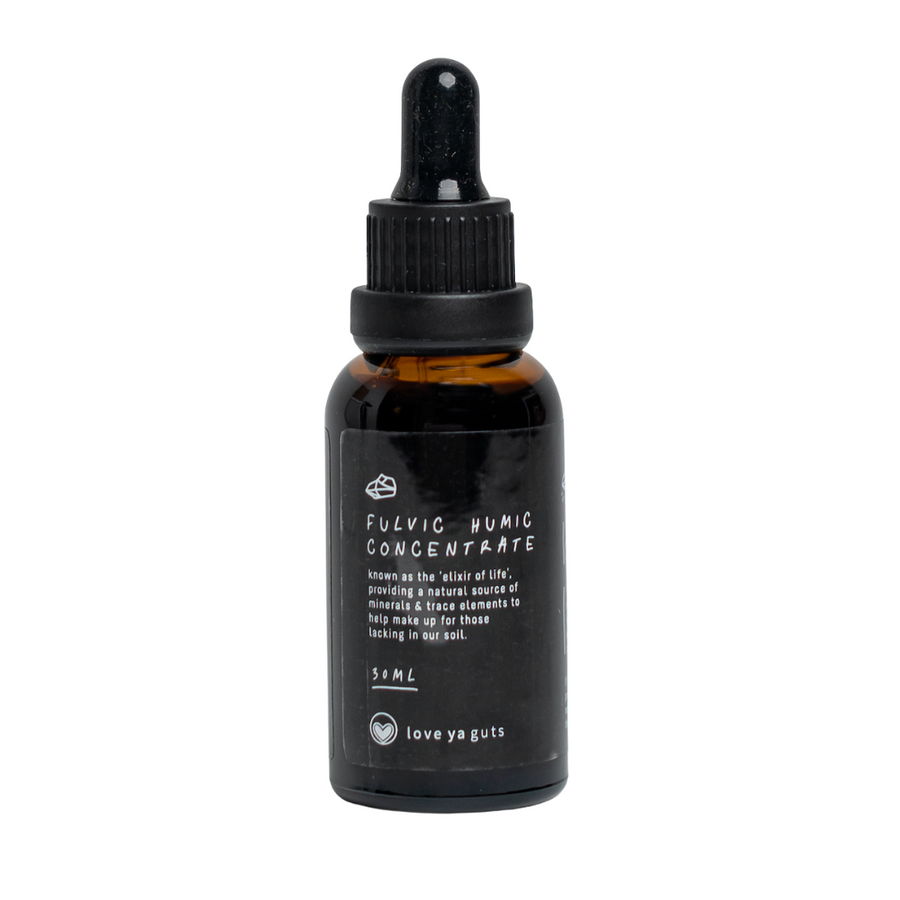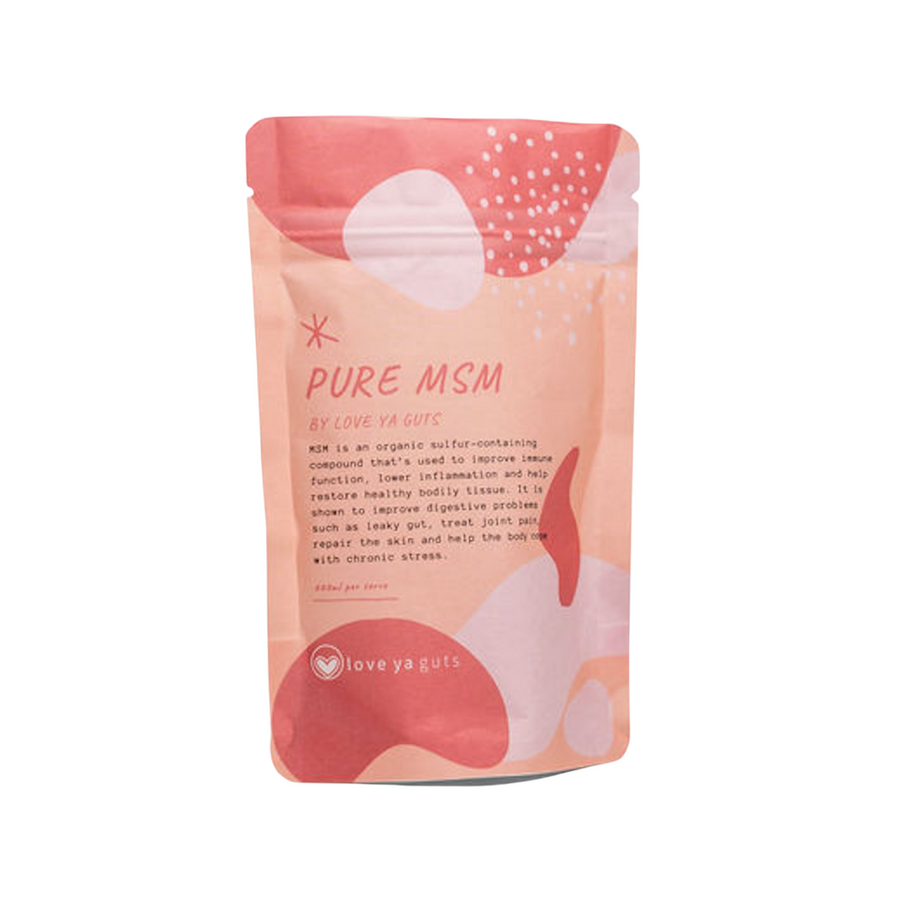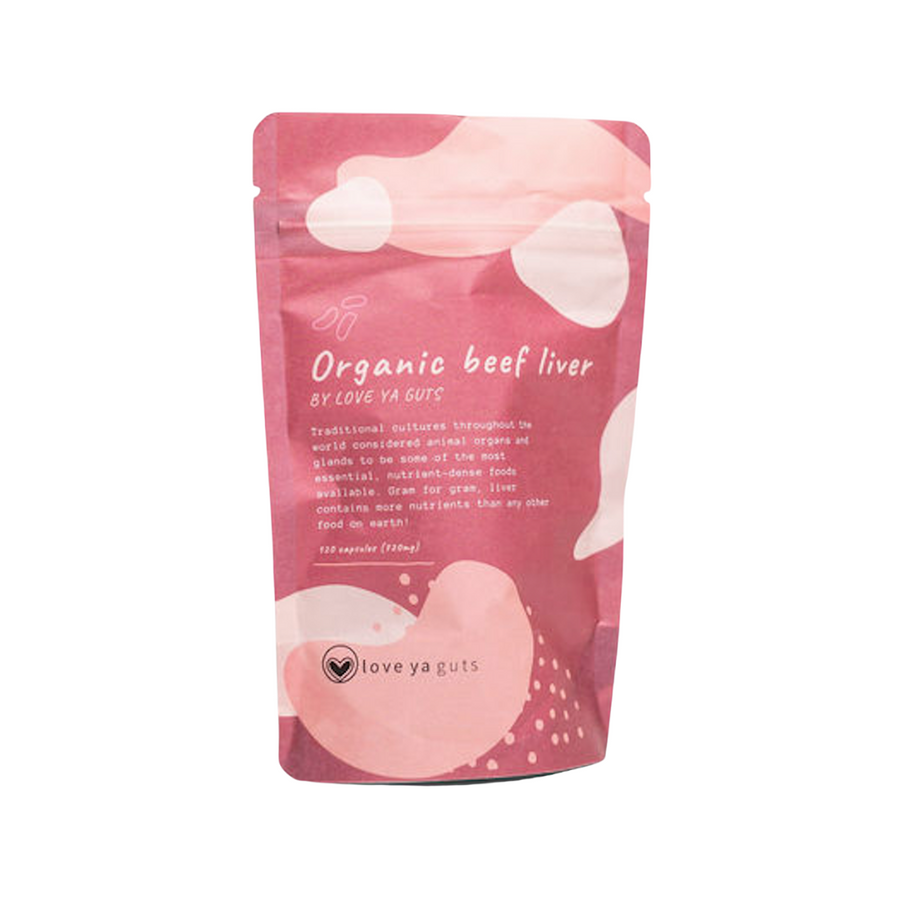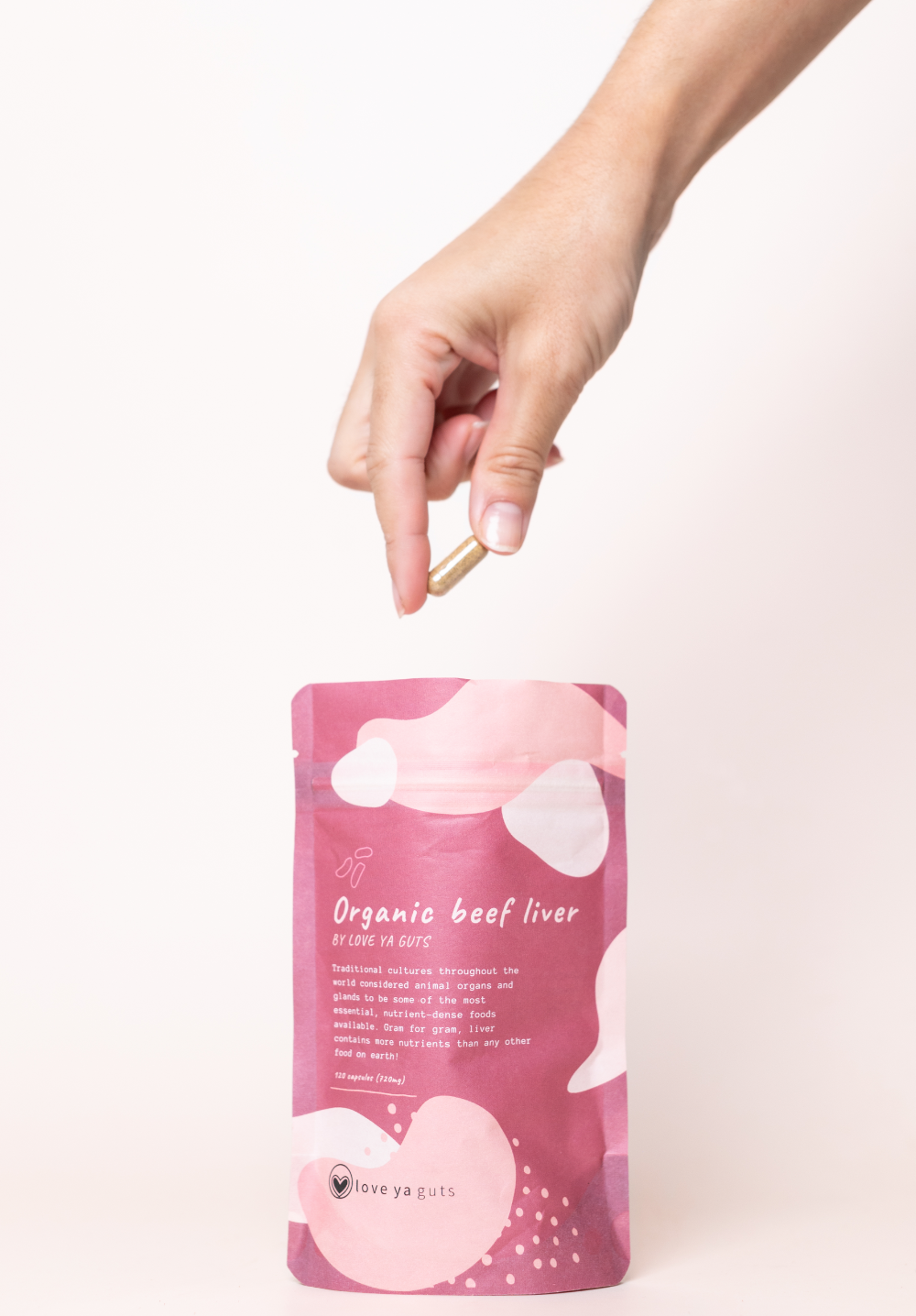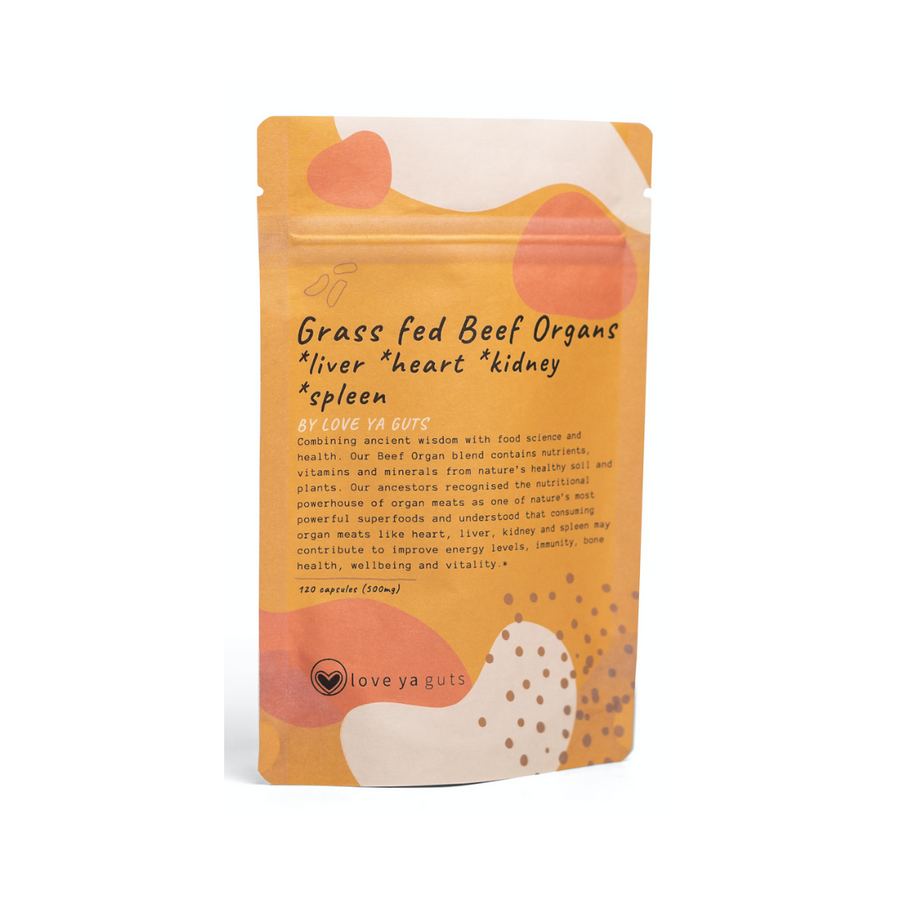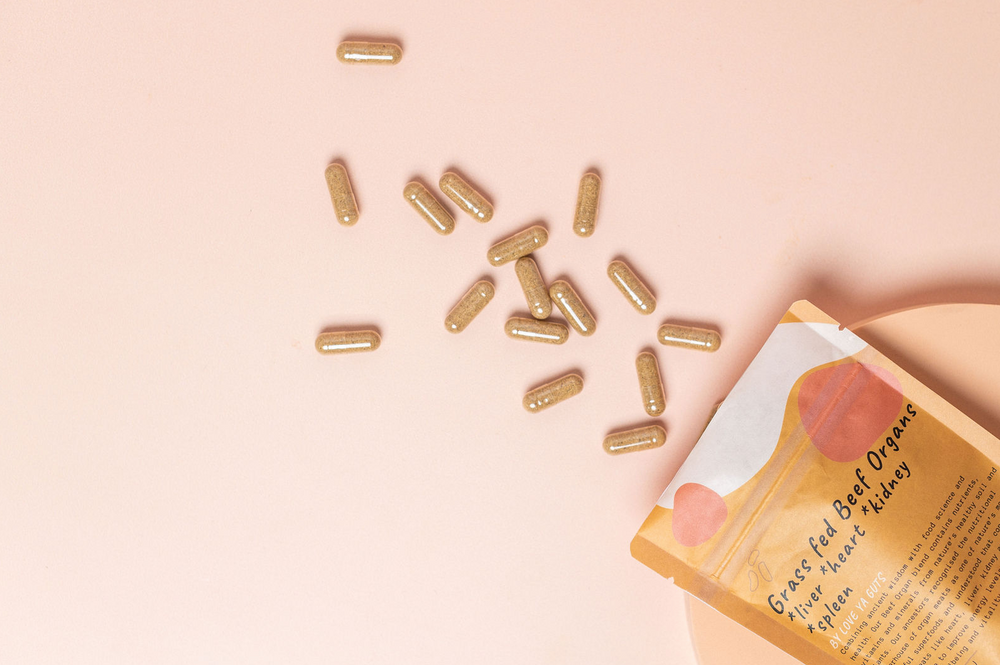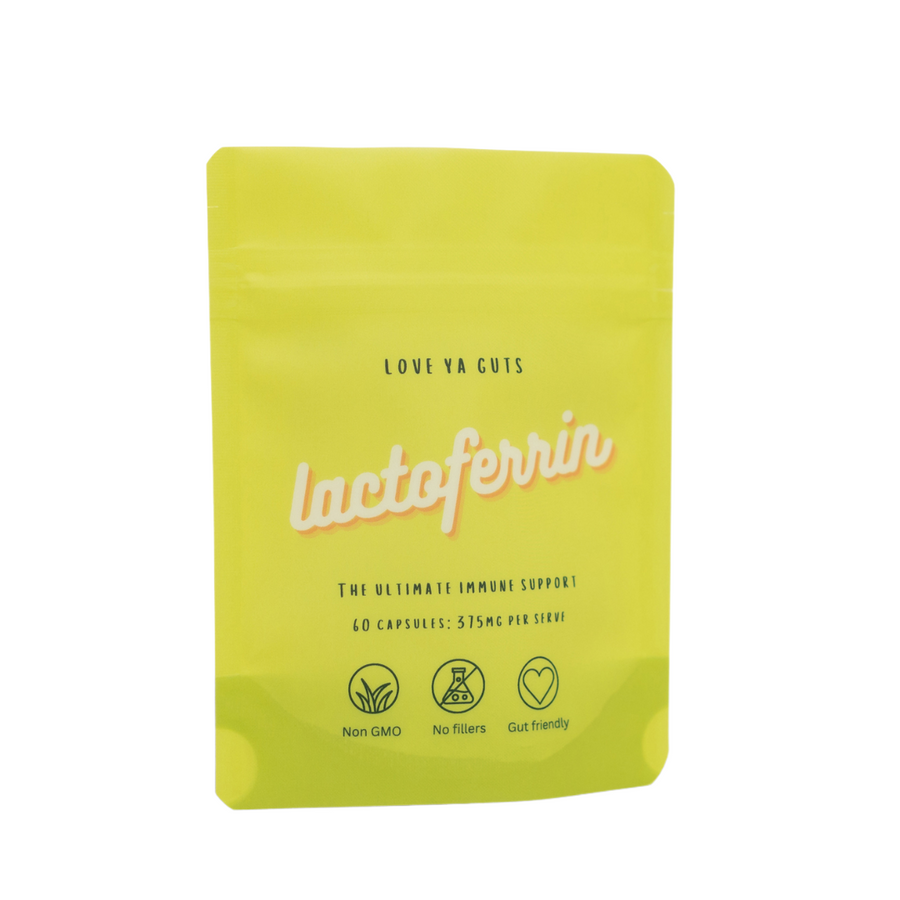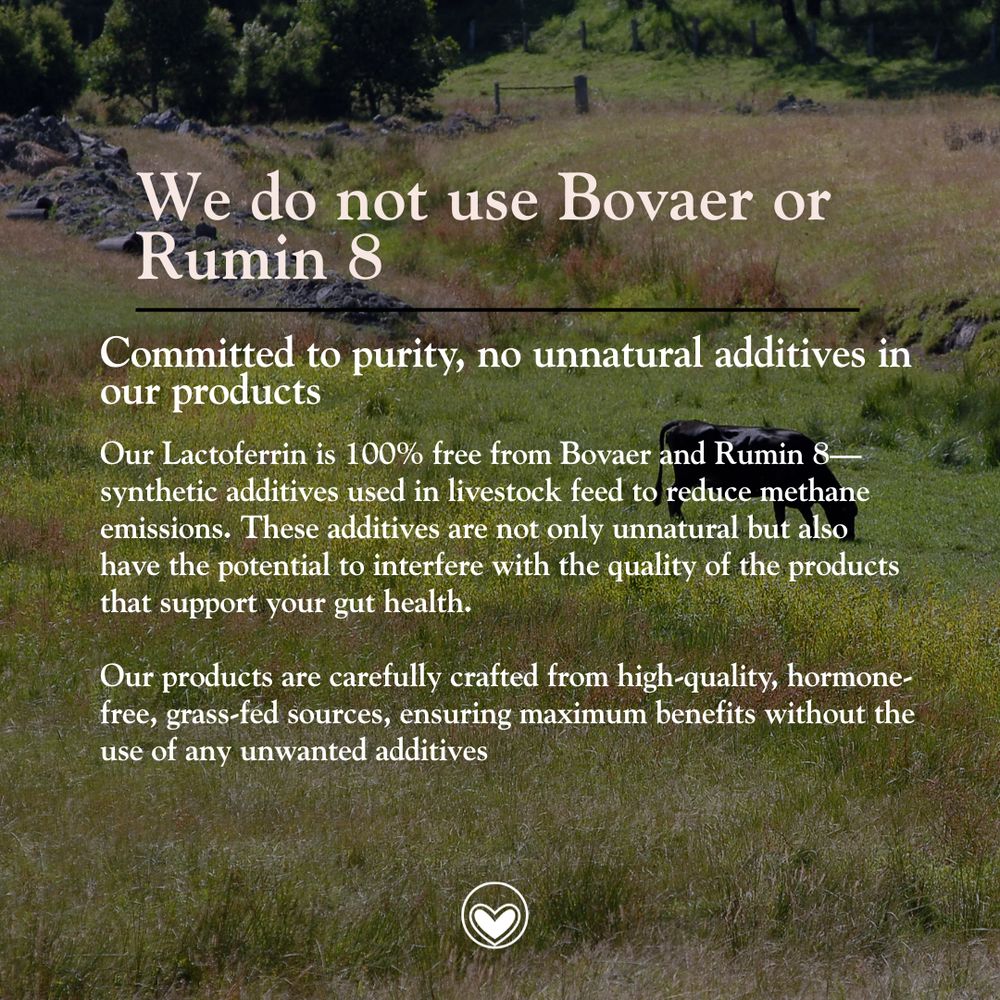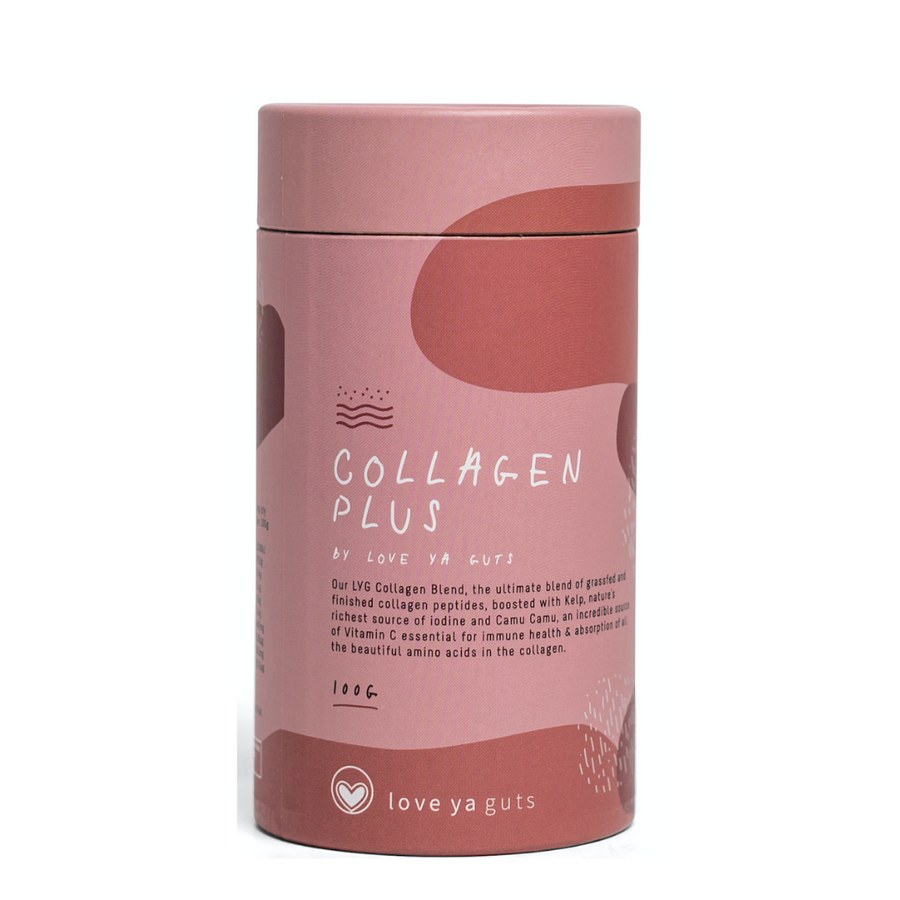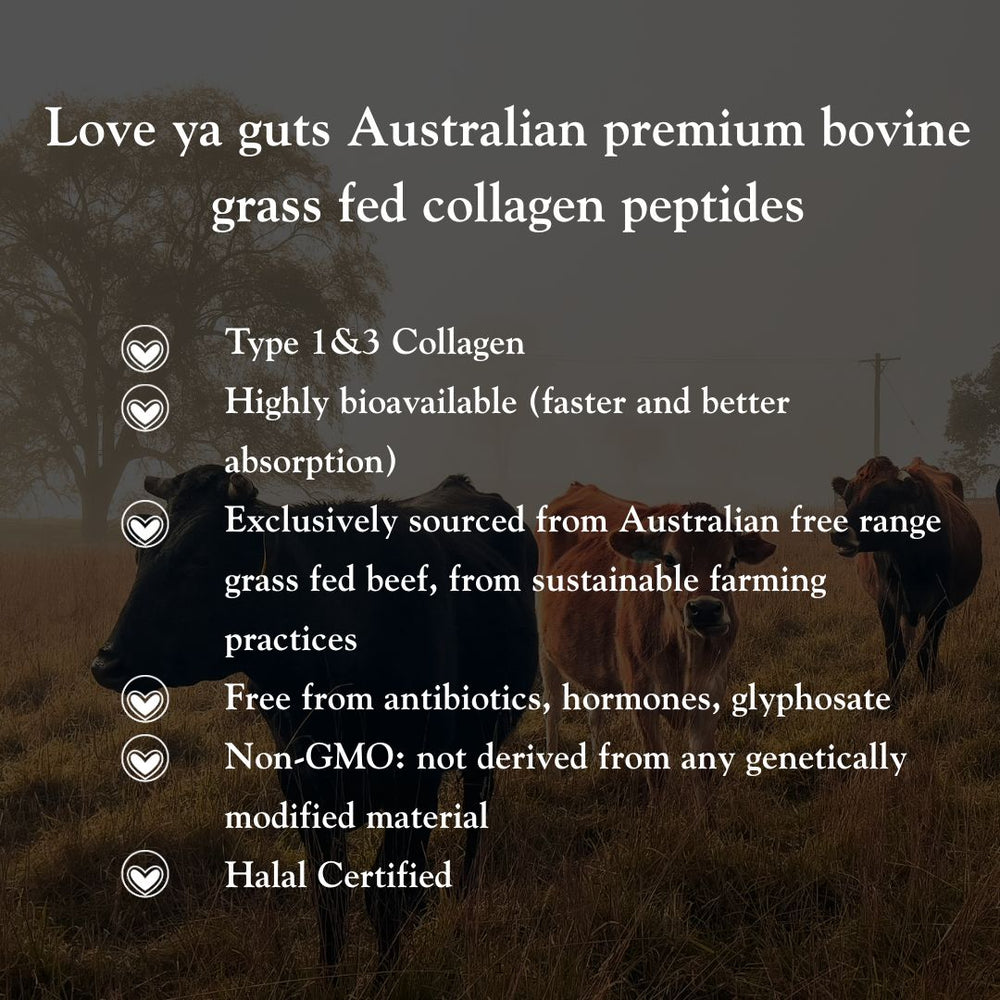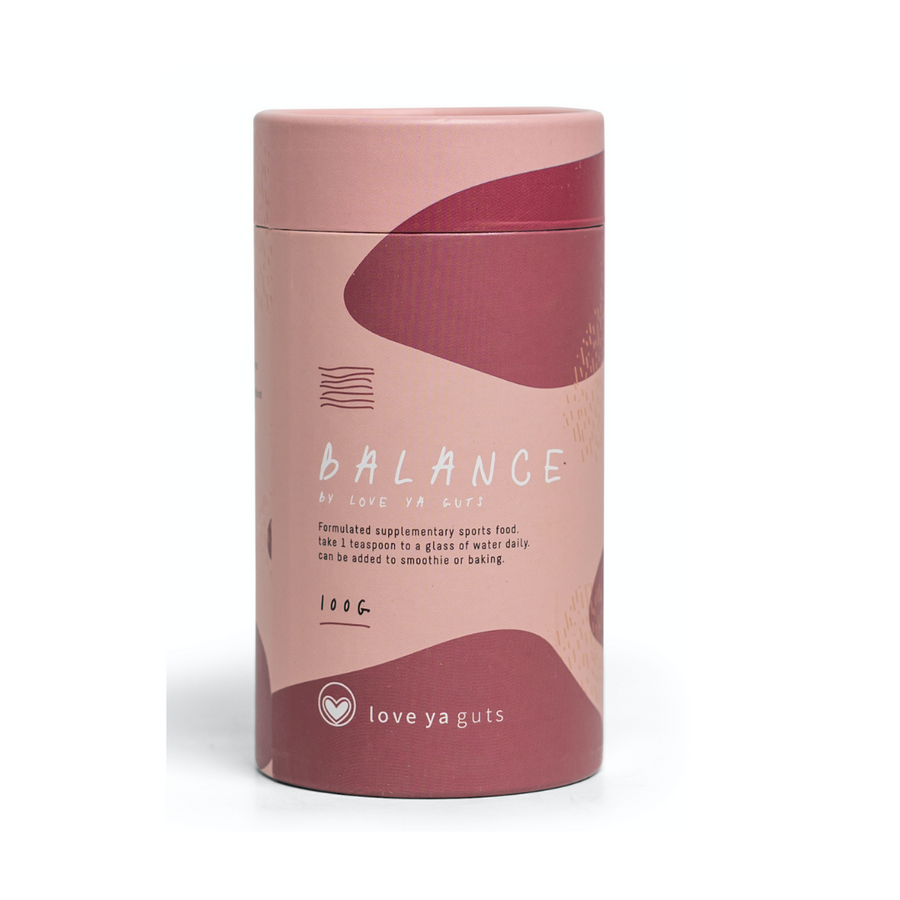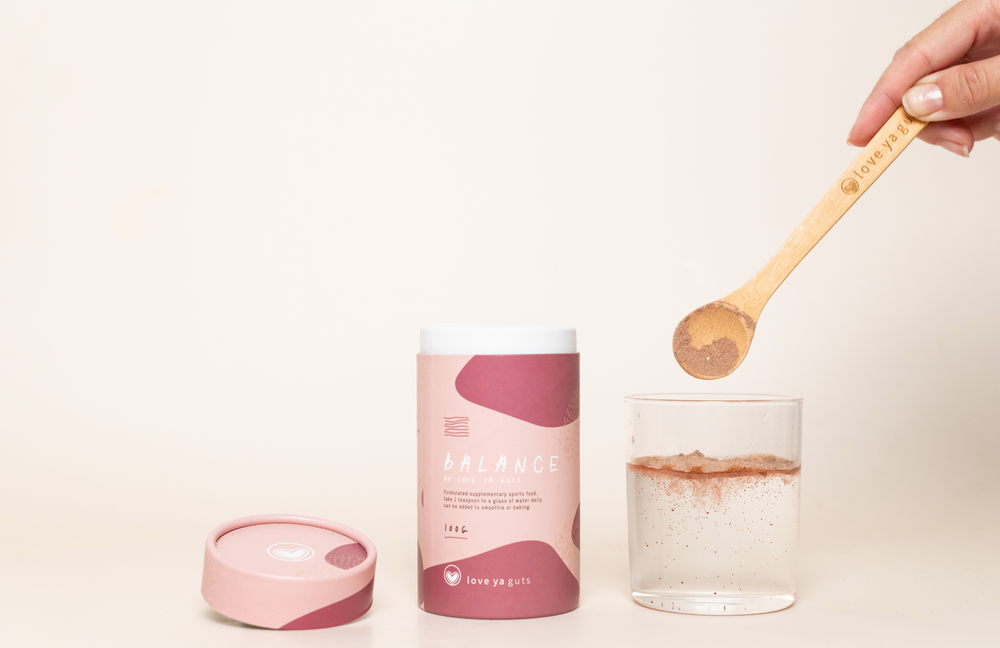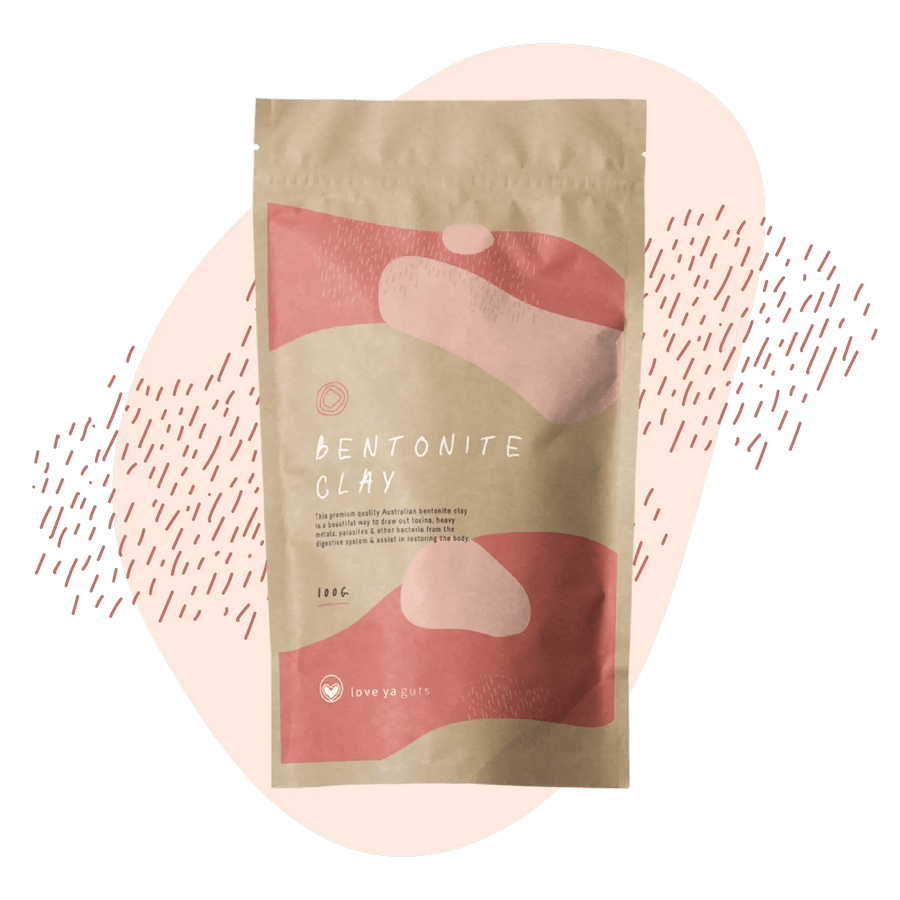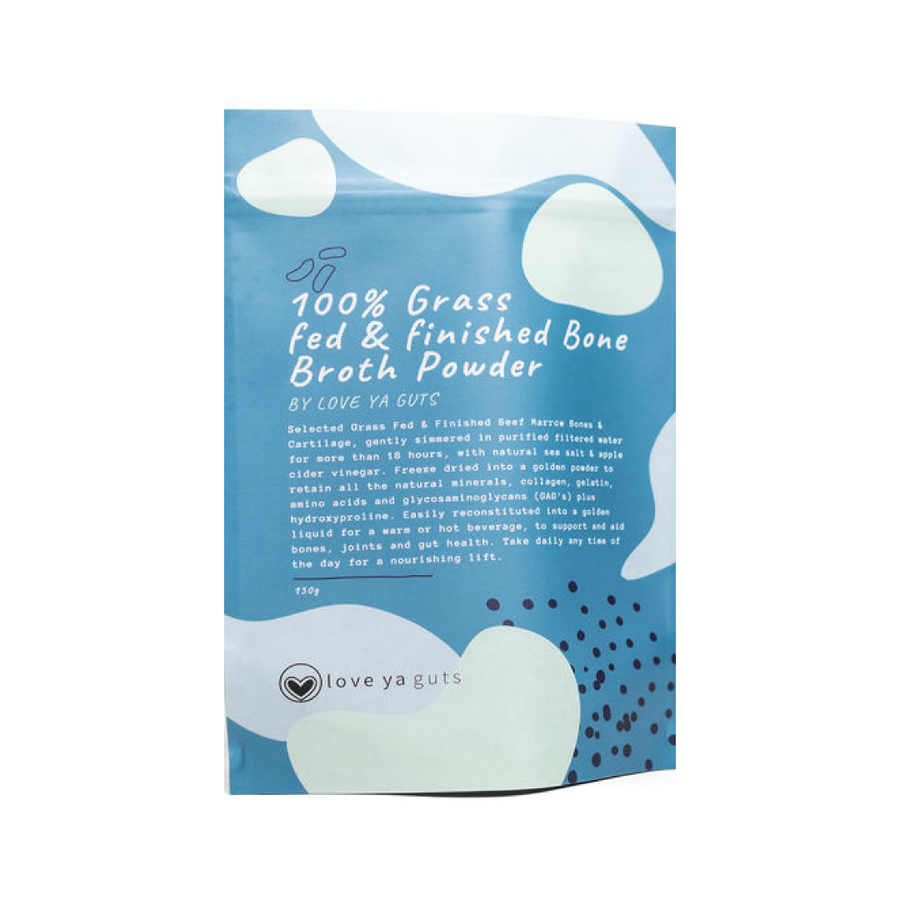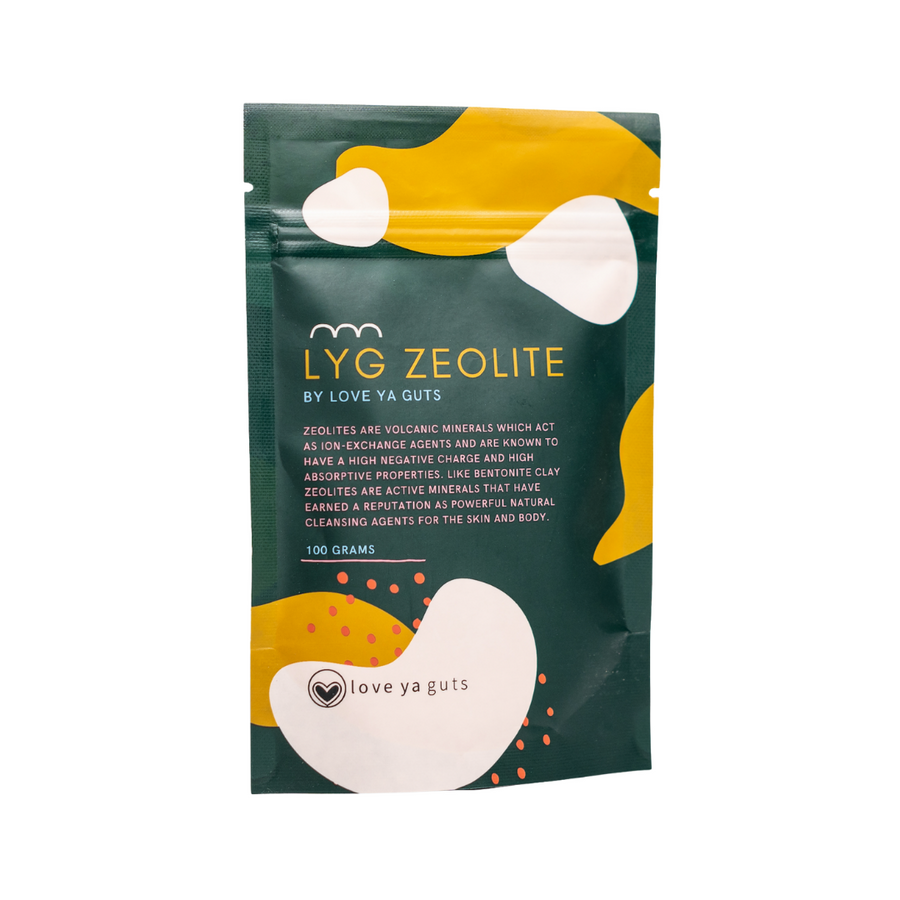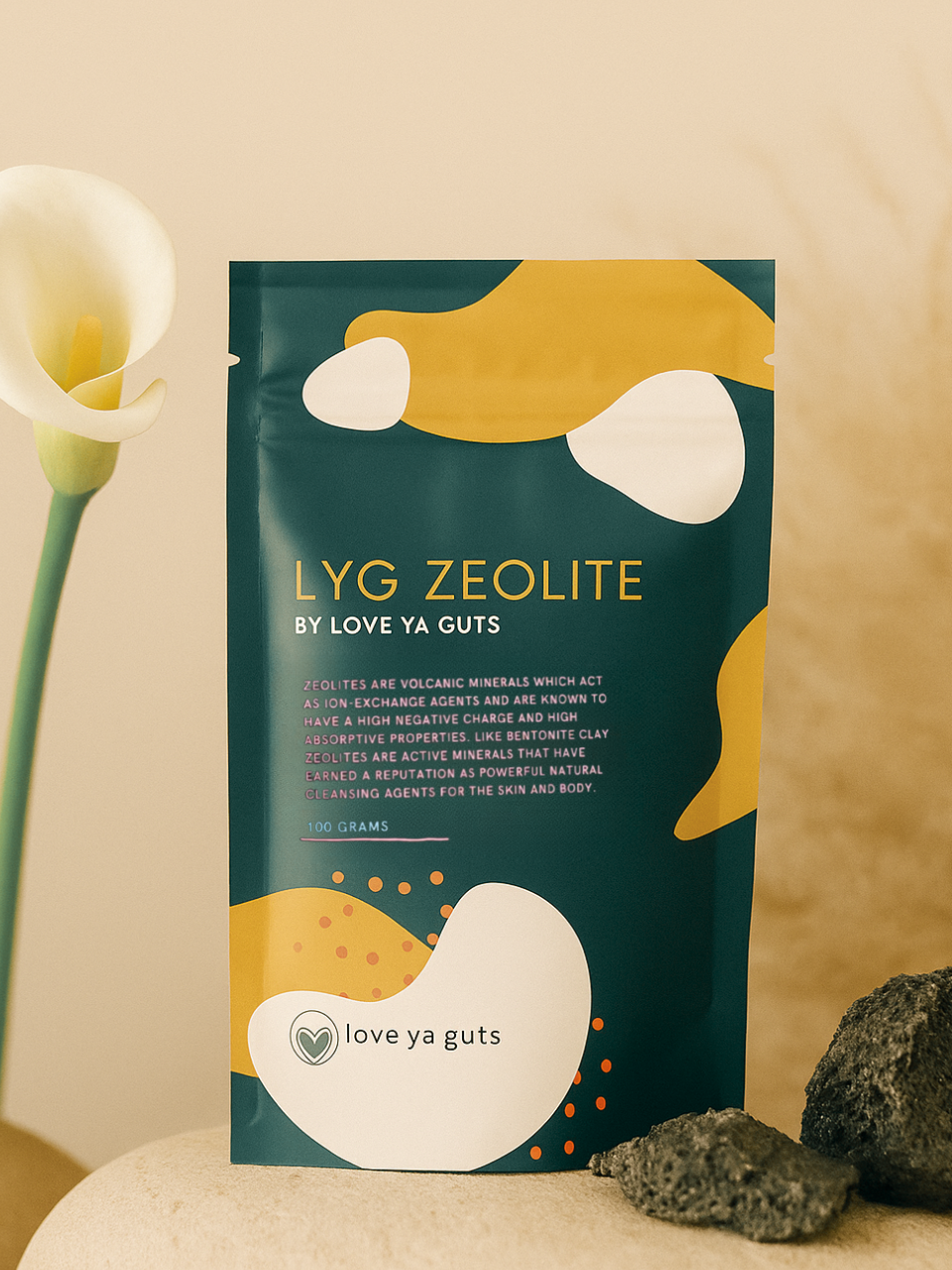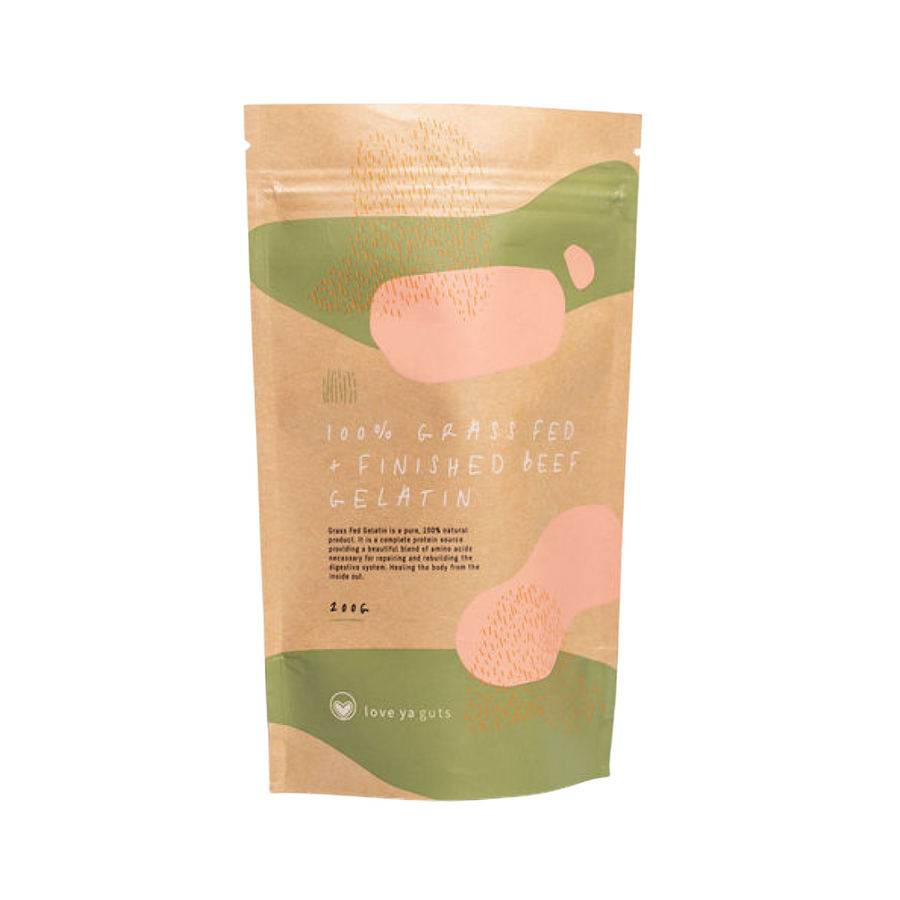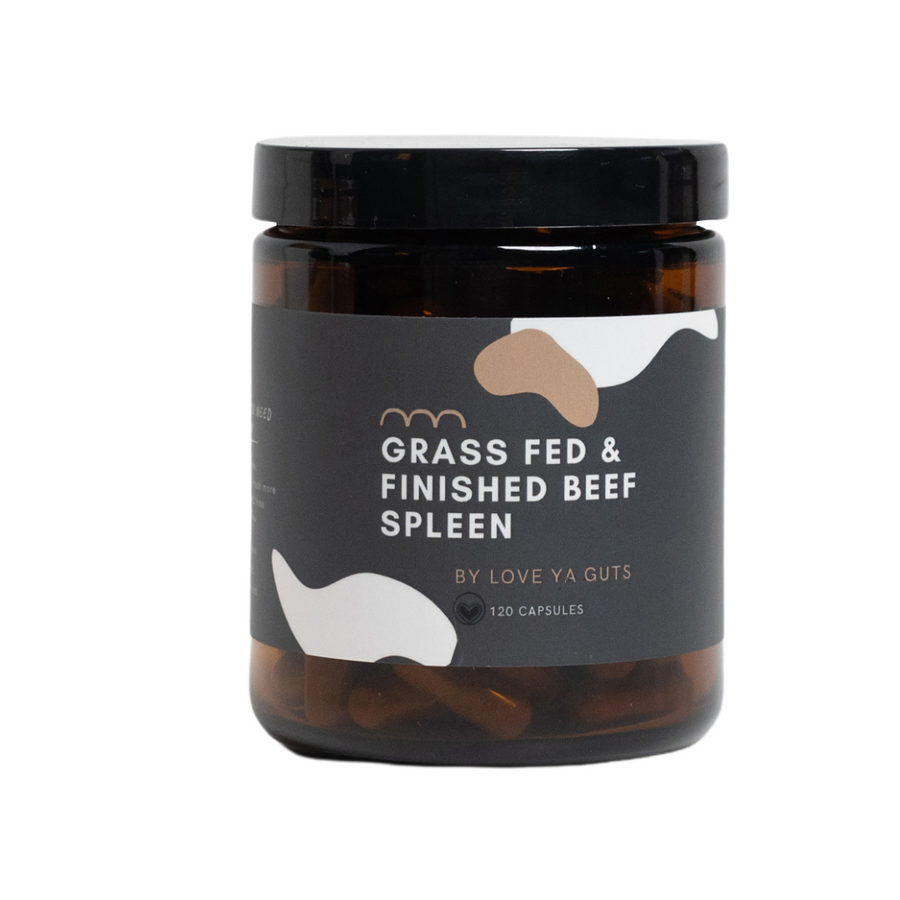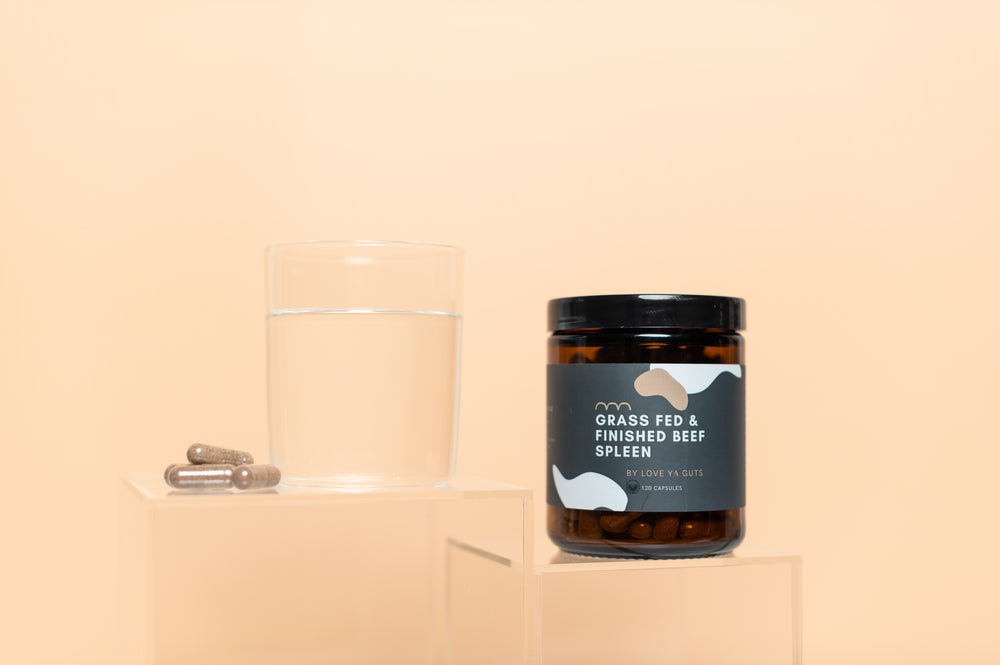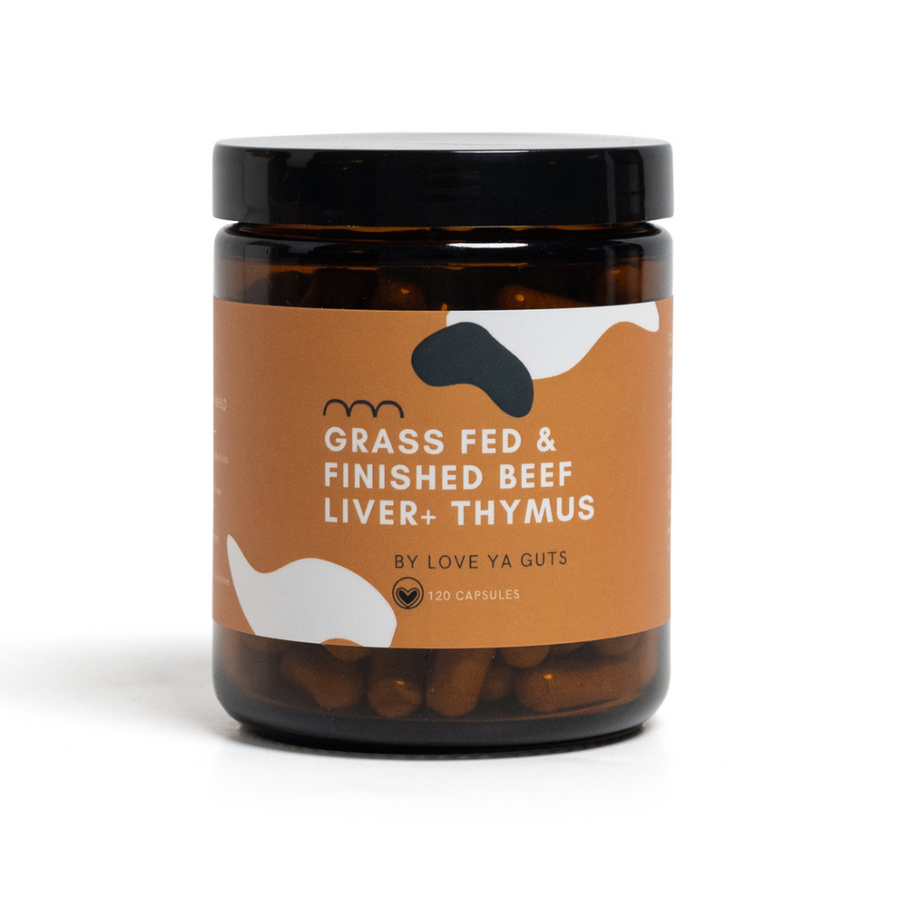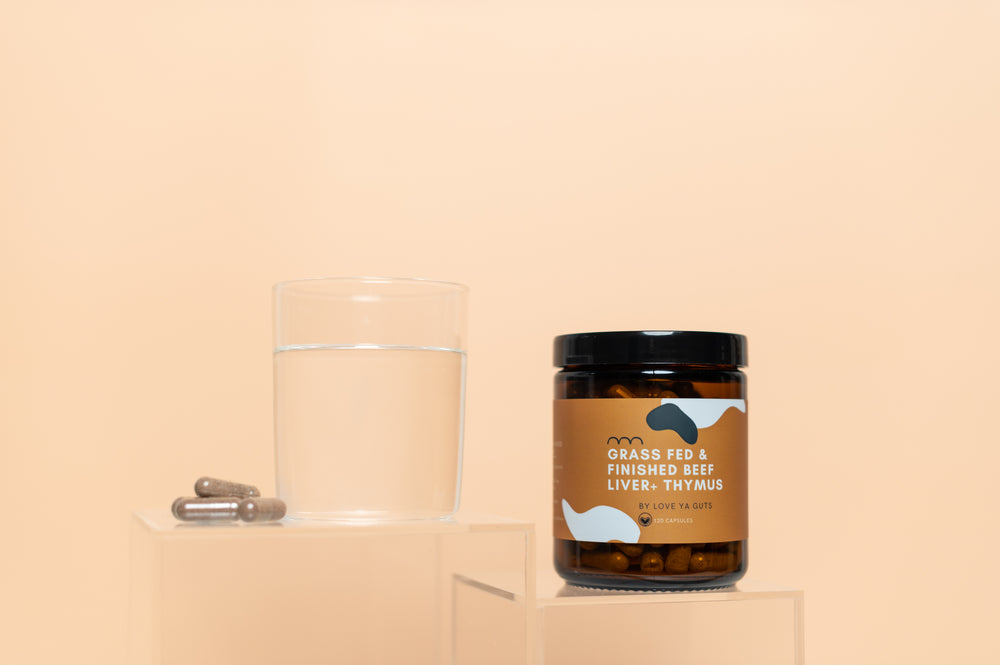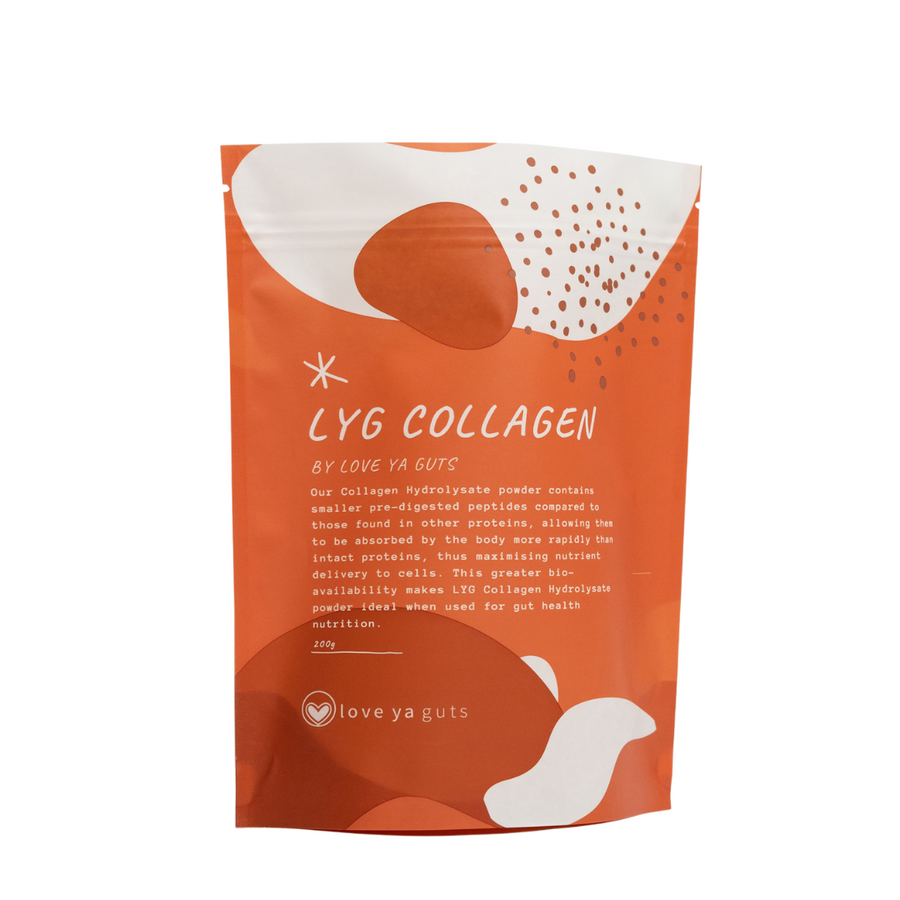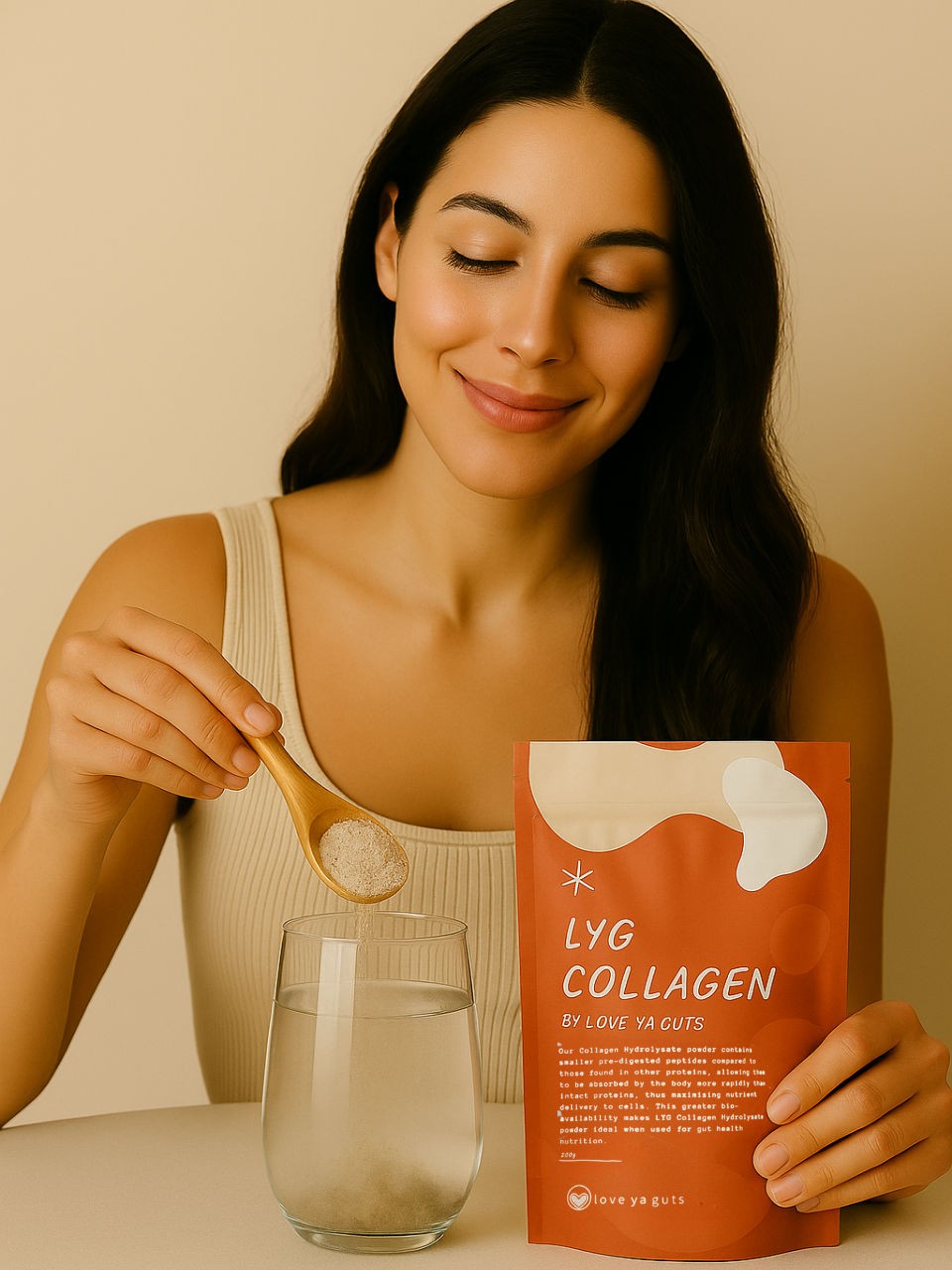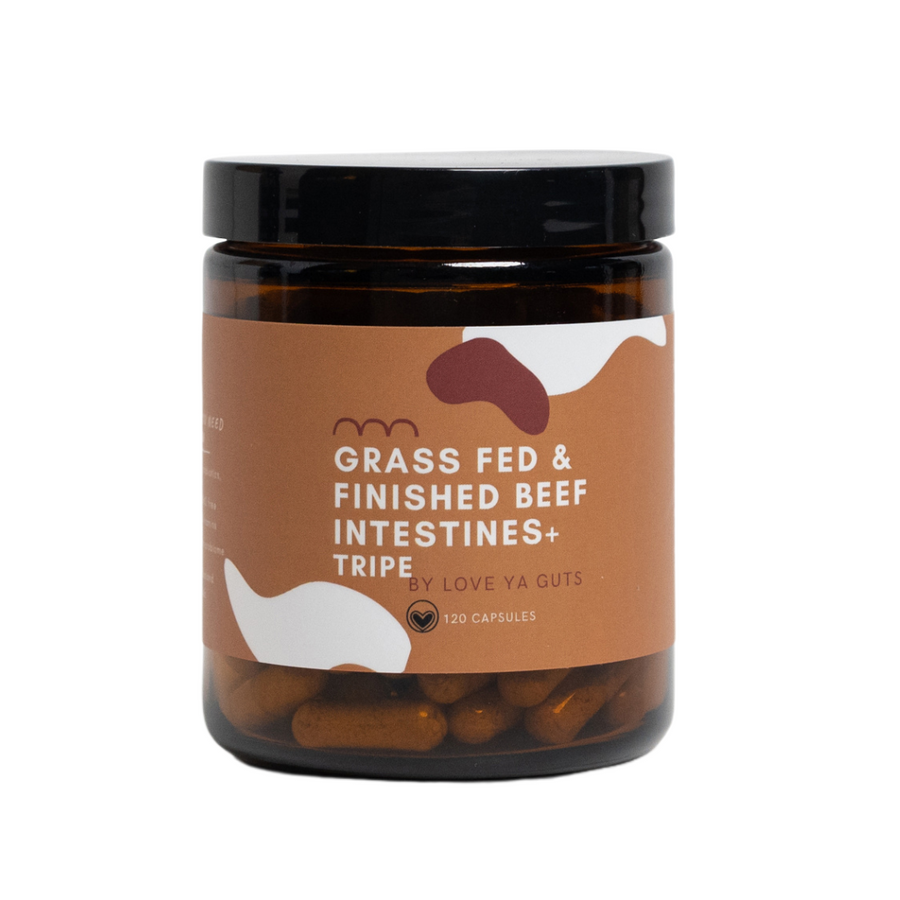How Does Bone Broth Help Heal The Gut?
Many components in Broth contribute to its digestive power. Properly prepared broths (which we will get to) made from bones, cartilage and skin are rich in:
1. Glycosaminoglycans (GAGs)- the best know of these are glucosamine and chondroitin sulphate. These provide the raw ingredients needed for the body to produce healing mucus which is required throughout the digestive tract. We need plenty of healthy mucus for optimum digestion, a high-functioning immune system and the soothing of any GI tract inflammation.
Just some of the reasons we need this mucus are:
- A thick layer of mucus in the stomach keeps acid from burning the stomach lining
- In the Small intestines, mucus acts as a lubrication for the movement of food AND nourished good bacteria.
- It can assist in blocking the pathogenic bacteria
- The mucus layer is our front line of defence against physical and chemical injury from ingested foods, microbes, microbial products, heavy metals and other toxins.
- Glycine- The high glycine content of broth and gelatinous aids digestion by enhancing gastric acid secretion. This essential amino acid (along with glutamine) in broth contribute to the liver’s production of the glutathione needed to detoxify mercury and other heavy metals commonly stored in the gut lining. This can contribute to gut, brain and immune system dysfunction.
- Glutamine- There are a few important reasons why:
- This is the primary nutrient for enterocytes, which are the cells that absorb digested food and transport this into the bloodstream. A component of Glutamine, known as Glutamic Acid is essential for the production of ATP which is our energy source.
- Glutamine nourishes the GALT (gut-associated Lymphoid tissue) which is an essential component of the gut lining wall. This means that if there is insufficient Glutamine there will be decreased GALT which contributes to LEAKY GUT, a key factor in allergies, autism, behavioural disorders, mental health disorders and many other auto immune responses.
- It feeds the pancreas, particularly the exocrine part that produces enzymes require for digestion and metabolism.
- Gelatin- refer back to our gelatin and collagen post :)



